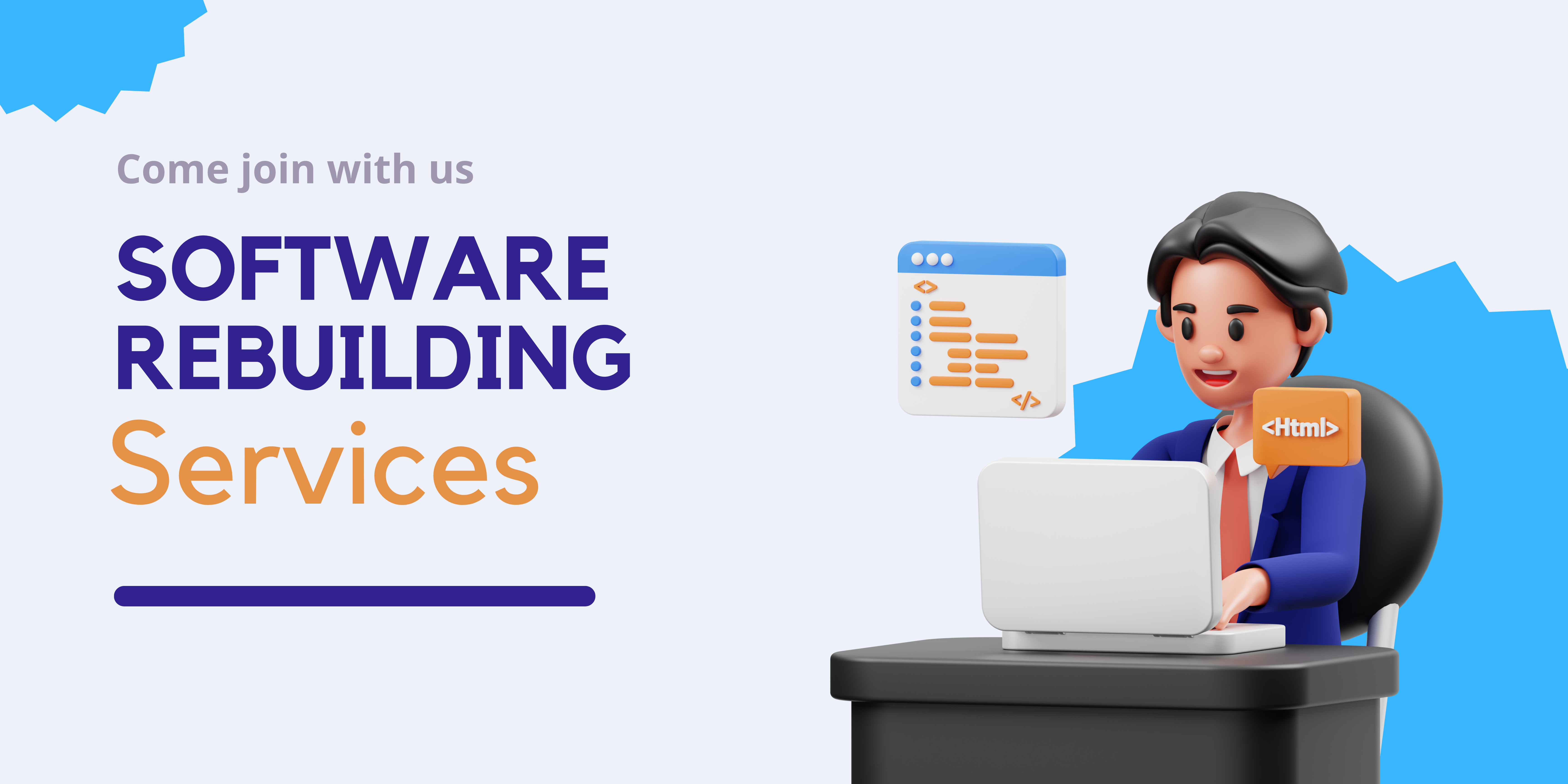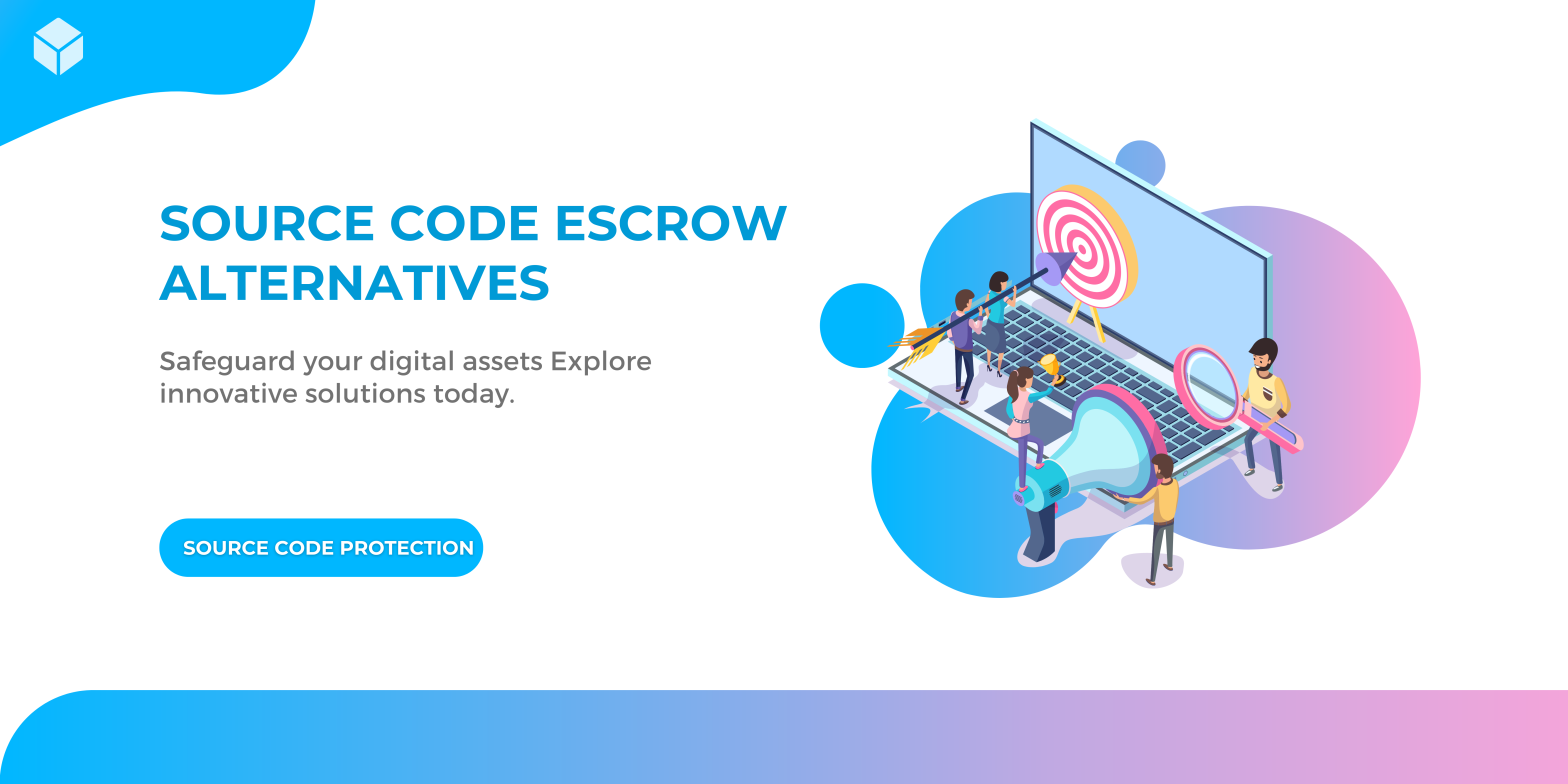In the realm of software development and licensing, source code escrow has long been considered a standard practice to mitigate risks and protect the interests of both software vendors and licensees. However, as technology evolves and new challenges emerge, alternative approaches to source code escrow have gained prominence.
Importance of Source Code Escrow Alternatives:
Source code escrow alternatives are of significant importance as they offer innovative ways to protect source code and ensure business continuity. These alternatives provide flexibility, allowing businesses to access and modify the source code without relying solely on traditional escrow arrangements. Open-source software empowers organizations with unrestricted access, while dual or multiple licensing options offer varying levels of control. Continuation agreements outline conditions for source code availability, software rebuilding services reconstruct code from binaries, vendor cooperation fosters direct relationships and trusted third-party mediation provides a reliable solution. Exploring these alternatives is crucial for businesses to mitigate risks, protect their intellectual property, and maintain control over critical digital assets.
This article will explore some of these alternatives and their potential benefits in ensuring business continuity and managing software dependencies.
- Open-Source Software:
One of the prominent source code escrow alternatives is the use of open-source software. Open-source software allows users to access and modify the source code freely. By adopting open-source solutions, businesses can mitigate the risk of vendor lock-in and ensure access to the source code without relying on escrow arrangements. However, it’s essential to assess the stability, community support, and licensing terms of open-source software before adoption.
- Dual or Multiple Licensing:
Dual or multiple licensing is another alternative approach where software vendors offer different licensing options. This allows licensees to choose between proprietary licensing, which provides access to the source code, and a more traditional commercial license without source code access. This approach provides flexibility for licensees to choose the level of control and access they require, eliminating the need for escrow arrangements.
- Continuation Agreements:
Continuation agreements involve contractual arrangements between the software vendor and licensee that ensure access to the source code in specific circumstances, such as the vendor going out of business or discontinuing support for the software. These agreements outline the conditions under which the source code will be made available to the licensee. Continuation agreements can provide a targeted solution for mitigating risks while maintaining a direct relationship between the vendor and licensee.

- Software Rebuilding Services:
Software rebuilding services offer source code escrow alternatives by providing a mechanism to reconstruct the software application from compiled binaries or executables. These services rely on reverse engineering techniques and specialized tools to recreate the source code based on the executable files. While software rebuilding services can be a viable option, they may not provide an exact replica of the original source code, and some functionality or details may be lost in the process.
- Vendor Cooperation and Collaboration:
Building a strong relationship and collaboration with software vendors can be an effective source code escrow alternatives. This involves establishing clear communication channels, maintaining an open dialogue, and negotiating contractual terms that address the licensee’s concerns regarding access to the source code. By fostering a cooperative relationship with the vendor, licensees can ensure a shared commitment to long-term support and software maintenance.
- Trusted Third-Party Mediation:
In cases where access to the source code is critical, but traditional escrow arrangements are not feasible or preferred, trusted third-party mediation can be an alternative solution. This involves engaging a neutral third party to act as an intermediary between the vendor and licensee, facilitating access to the source code in predefined situations. The mediator ensures fairness, confidentiality, and compliance with contractual obligations.
Conclusion:
While source code escrow has been a prevalent solution for managing software dependencies and mitigating risks, alternative approaches are gaining traction in today’s evolving software landscape. Open-source software, dual licensing, continuation agreements, software rebuilding services, vendor cooperation, and trusted third-party mediation offer viable traditional source code escrow alternatives arrangements. Each approach has its benefits and considerations, and organizations should carefully assess their specific needs and risk tolerance when choosing the most suitable alternative. By exploring these alternatives, businesses can ensure business continuity, protect their software investments, and maintain control over critical digital assets. Enhance protection with innovative software escrow alternatives.
Discover the power of source code escrow alternatives and safeguard your digital assets. Explore innovative solutions today for enhanced source code protection!
